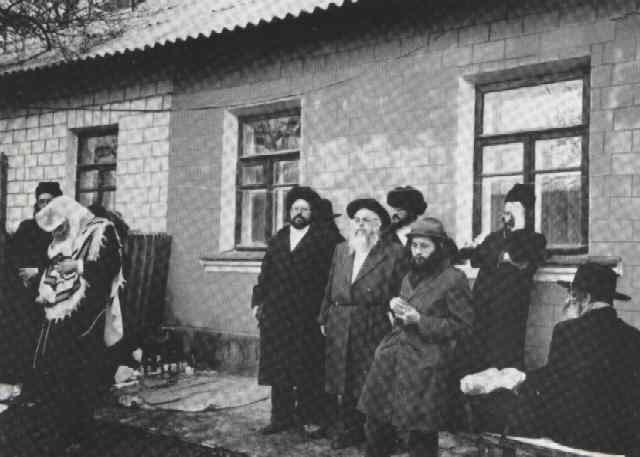“On Rosh HaShannah one must act wisely and only think good thoughts. One should only keep in mind that God will be good to us. One must be happy on Rosh Hashannah, and yet one must cry. The first day of Rosh Hashannah, one must speak as little as possible. The Rebbe said that a great leader must be even more careful about this.”
The question is how can one be happy and cry at once? Perhaps the answer lies in speaking as little as possible on Rosh Hashannah. Many people in the broad Jewish community around the world follow this. By removing the distraction of unnecessary chatter, you have time through the holiday to go through cycles of high and low emotion, moments of happiness and moments of sadness. Moving up and down through the emotional scale through the day builds a platform for teshuvah and connection to God.
Is this something you have done in the past or might contemplate doing? Can you share a story?
Adapted from Rabbi Nachman’s Wisdom
© Copyright 2009 Breslov Research Institute


2 comments
Some people speak only Loshon Hakodesh on R”H. Please seek Halachic guidance on this matter. It will make for some interesting Learning and help get you ready for a deeper experience of R”H!
Rebbe Nachman explains in Sichos HaRan how Atzvut (depression) and Simcha (happiness) are contradictory, however lev nishbar (broken heartedness) and Simcha are not at all at odds with each other. The way one tells if it is really lev nishbar or atzvut is by seeing if Simcha follows after the feeling then it is lev nishbar, however if it not, then certainly it is atzvut.